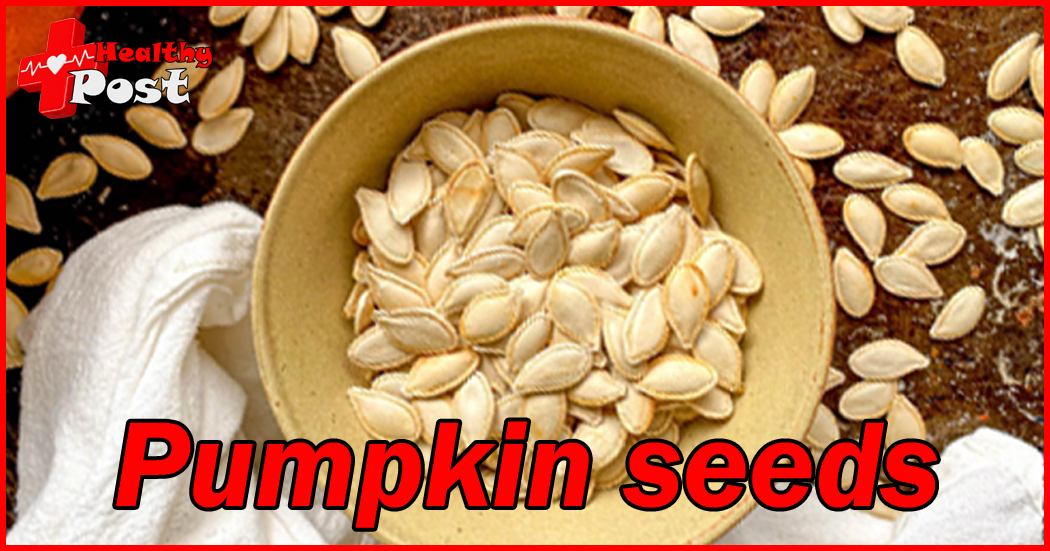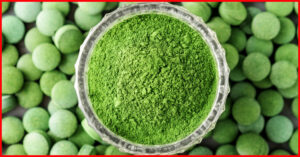
What are the benefits of pumpkin seeds?
Today we will learn about the nutritional value of pumpkin seeds.
Pumpkin seeds are seeds that grow inside pumpkins. Packed with nutrients, they provide protein, unsaturated fats, fiber, magnesium, antioxidants, and more. Pumpkin seeds can be enjoyed as a snack, as a recipe ingredient or in a variety of products, including pumpkin seed tofu, pumpkin seed butter and pumpkin seed protein powder.
Pumpkin seeds are packed with nutrients that are in addition to helping our bodies function. There are some other important roles.

(The following effects are supported by scientific research documents, and the specific literature names in brackets are at the end of the article)
【Provides antioxidants】
Pumpkin seeds contain antioxidants, including phenols and flavonoids (Peng, 2019).
Phenolic compounds help protect against cell-damaging compounds in the body, thereby preventing aging and disease . Their anti-inflammatory, antibacterial, and anticancer effects are also well documented (Kumar, 2019).
Flavonoids have been linked to a wide range of health-promoting effects, including protection against cancer, arteriosclerosis, and Alzheimer’s disease. Like phenols, flavonoids fight compounds that damage healthy cells and have strong anti-inflammatory effects (Panche, 2016).
Roasted pumpkin seeds may have even greater antioxidant benefits. Research shows that pumpkin seeds contain more phenolic and flavonoid compounds after roasting.
【Contains high-quality fat】
Pumpkin seeds provide more fat per ounce (approximately 28g) than protein or carbohydrates. This type of fat is mainly monounsaturated and polyunsaturated fats (Batool, 2022).
Both types of fat have been shown to lower bad cholesterol levels in the blood, thereby reducing the risk of heart disease and stroke (AHA, 2015).
【Rich in Magnesium】
These seeds are a great source of magnesium. This mineral is necessary for more than 300 reactions in the body, including maintaining nerve and muscle function, supporting a healthy immune system, keeping a steady heartbeat and building strong bones. Magnesium also helps the body produce energy and control blood sugar levels (MedlinePlus, 2021).
[May help reduce breast cancer risk]
Phytoestrogens are natural compounds found in some foods, such as pumpkin seeds, that are similar to the hormone estrogen (Zaineddin, 2012) (Bilal, 2014).
A German study of postmenopausal women looked at the relationship between phytoestrogens-rich foods and breast cancer risk. Researchers collected data from more than 8,000 women and concluded that eating foods containing phytoestrogens, including these seeds, was associated with a significantly lower risk of breast cancer compared with not eating these foods (Zaineddin, 2012).
However, other research on the relationship between phytoestrogens and breast cancer is mixed, so more research is needed to determine whether there is a positive effect (Bilal, 2014).
In fact, human research on the direct health consequences of consuming pumpkin seeds is limited. But there are also studies showing how pumpkin seed products, such as extracts and oils, can benefit health (Peng, 2021).
Small-scale preliminary research suggests that supplementing with pumpkin seeds may:
- Reduce symptoms of enlarged prostate in men aged 50 to 75, such as having to wake up in the middle of the night to urinate (Liebbrand, 2019)
- Improve heart health in menopausal women, such as lowering blood pressure and improving blood flow (Wong, 2019)
- Control overactive bladder by reducing symptoms such as frequent urination (Nishimura, 2014)
[Nutritional details of pumpkin seeds]
It can be eat with or without shells. According to the USDA, one ounce (approximately 28g) of shellless, unsalted pumpkin seeds provides: (USDA, 2020)
Calories: 163
Fat: 13.9g
Carbohydrates: 4.17 grams
Cellulose: 1.84g
Protein: 8.45g
Magnesium: 156mg, 37% of the recommended daily magnesium intake
Zinc: 2.17mg, 19.7% of the recommended daily zinc intake
Iron: 2.29mg, 12.7% of the recommended daily iron intake
Zinc is required for the proper functioning of the immune system and plays a role in cell growth, pregnancy and development, wound healing, carbohydrate breakdown, and insulin action. It is also required for the senses of smell and taste (MedlinePlus, 2021).
Iron is a mineral needed for many functions. It is part of hemoglobin, which carries oxygen throughout the body and helps muscles store and use oxygen. It is also part of many other proteins and enzymes (MedlinePlus, 2015).
[Guide to eating pumpkin seeds]
When they are shelled, they are white. When they have no shell, they appear green. In either form, pumpkin seeds can be enjoyed as is. But there are many other ways to eat it and reap their benefits. you can:
Roasted shelled these seeds.
Sprinkle these seeds over oatmeal or overnight oats, yogurt, avocado toast, or fruit salad.
Add them to salads or as a garnish for salads, hummus, cooked vegetables, soups and sautéed chips.
Stir pumpkin seed protein into smoothies, blended soups or mashed cauliflower for a protein boost.
Add pumpkin seed butter to pesto, sauces, smoothies, energy balls or baked goods.
If you eat shelled pumpkin seeds, be sure to drink plenty of water to help your digestive system process their fiber content.
【Summarize】
Pumpkin seeds are highly nutritious and contain large amounts of magnesium, zinc and iron. They are a non-animal source of protein and can be eaten in a variety of ways. Their extracts and oils may also have health benefits.
3 thoughts on “What are the benefits of pumpkin seeds?”
Leave a Reply
You must be logged in to post a comment.


Can you be more specific about the content of your article? After reading it, I still have some doubts. Hope you can help me.